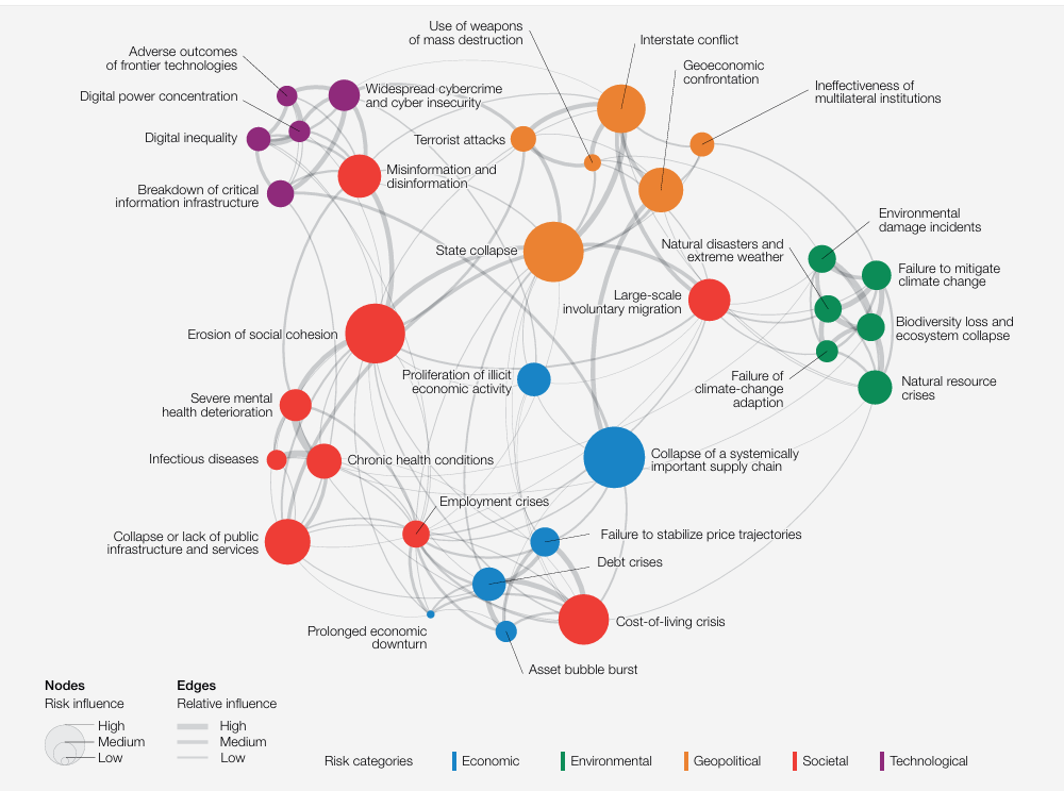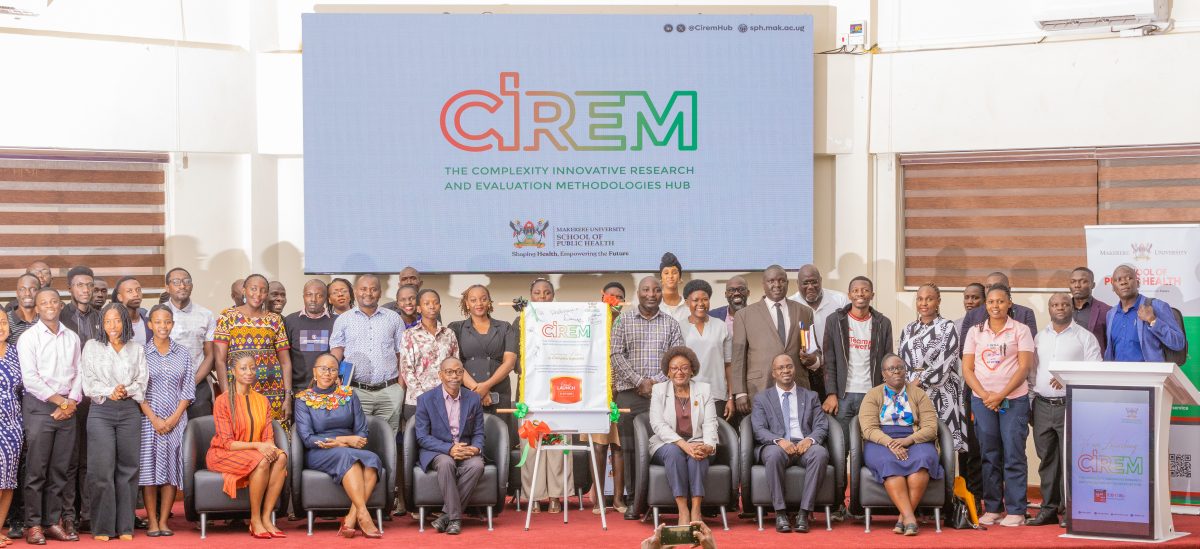In a world increasingly shaped by overlapping crises, from recurring climate shocks and health emergencies to economic disruptions, health systems must adopt applied systems thinking to respond effectively to these persistent chaotic shifts. Speaking at the recent launch of the Complexity, Innovative Research and Evaluation Methodologies (CIREM) Hub at Makerere University, held on July 11, 2025, Dr. Aku Kwamie, a Technical Officer at the World Health Organisation (WHO)’s Alliance for Health Policy and Systems Research (AHPSR), called for a move from reactive, linear problem-solving to more adaptive and integrated policymaking.
Dr. Kwamie, a Ghanaian-born health systems researcher and a leading voice in applying complexity theory to health governance and leadership, delivered the keynote address under the theme Applied Systems Thinking and Complexity in a Changing World. During her moving speech at the launch of the research hub hosted at Makerere University School of Public Health (MakSPH) auditorium, she said systems thinking, as applied to health, is a practical approach to understanding complexity, improving coordination, and building more resilient and responsive health systems.
It is important to note here, though, that complexity, a scientific term, means how different parts of a system (again, another term used to mean a group of interconnected elements or parts working together over time) interact continuously. These parts, within our context, may include policies, resources, service delivery, and community behaviours. Consequently, in its interaction, a small disruption in one area, like Uganda’s recent Mpox outbreak, can ripple across the system; straining clinical care, redirecting resources, and eroding public trust. This is precisely why public health rarely has a simple fix, and why systems thinking becomes invaluable to decision-makers, especially in connecting patterns and designing responses that reflect real-world conditions.
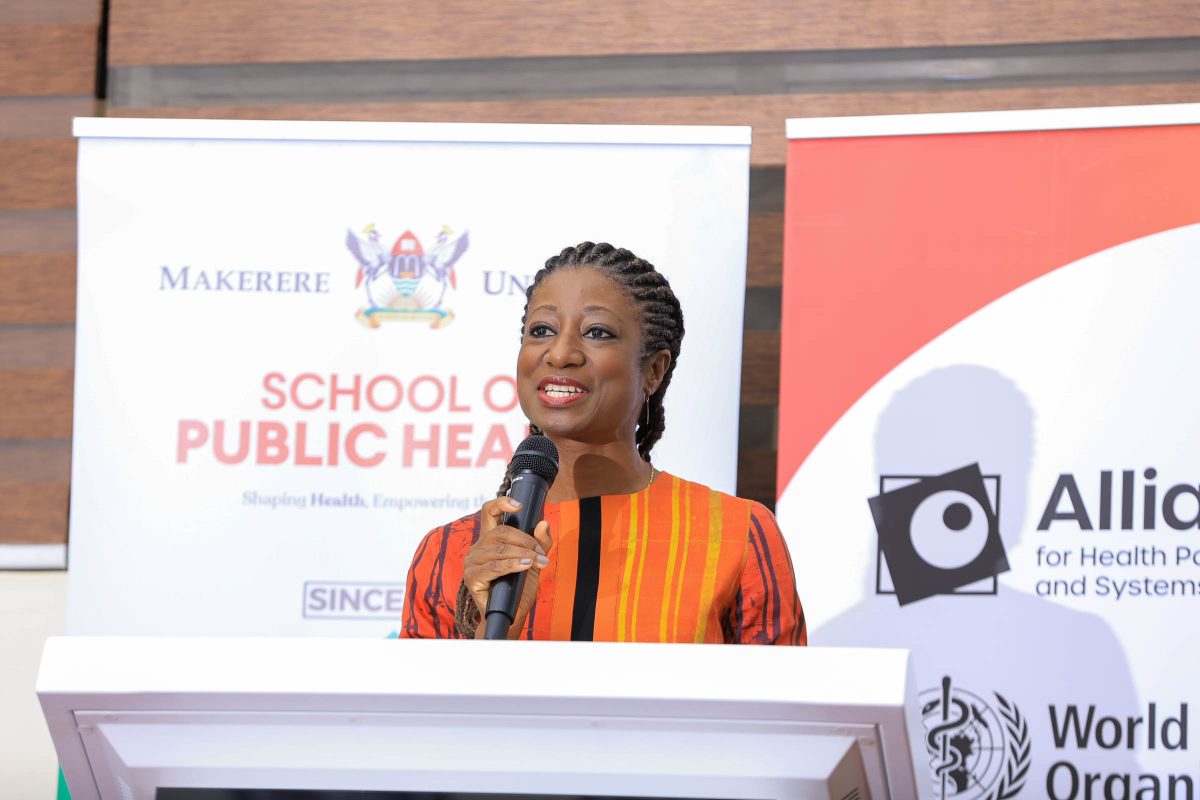
“About a year and a half ago, I received a call from Dr. Aloysius Ssennyonjo. He was excited to share that they were initiating a new hub called CIREM and asked if there might be ways for us to engage and participate,” Dr. Kwamie recalled, reflecting on the journey leading up to setting up the Complexity, Innovative Research and Evaluation Methodologies Hub at MakSPH and the invitation to speak at its launch. “I was thrilled because I felt this was exactly the kind of initiative we needed, something the continent needs, Uganda needs, and the world needs: a centre that can elevate the science of complexity and systems thinking in a truly applied way.”
Among other initiatives, that initial informal talk marked the beginning of a powerful collaboration between the Alliance for Health Policy and Systems Research, based in Geneva and established by the WHO in 1996 aimed at strengthening health systems in low- and middle-income countries through research, capacity building, and advocacy, and Makerere University School of Public Health, a partnership that has since culminated in the launch of the CIREM Hub, specifically promising to advance systems thinking and complexity approaches in health policy and research and fill a void within the region caused by lack of grounded, practical tools and capacities to navigate uncertainty and drive more adaptive, evidence-informed solutions.
One of the key figures behind this important initiative is Dr. Aloysius Ssennyonjo, a Senior Lecturer and Team Lead for CIREM Hub at MakSPH. Speaking at the launch, Dr. Ssennyonjo intimated that the initiative reflects a growing recognition that today’s challenges can no longer be solved through traditional approaches. He thanked Dr. Kwamie and the WHO Alliance team for spearheading the efforts, noting that her keynote speech resonated deeply with the hub’s mission. “We now understand that the world is complex, with many moving parts, and we believe we can make a meaningful contribution. We need ways of thinking that reflect the realities we live in, while also building our capacity to respond and adapt. That is the true rationale behind the hub, and Dr. Aku Kwamie’s message reflected the very principles we stand for.”
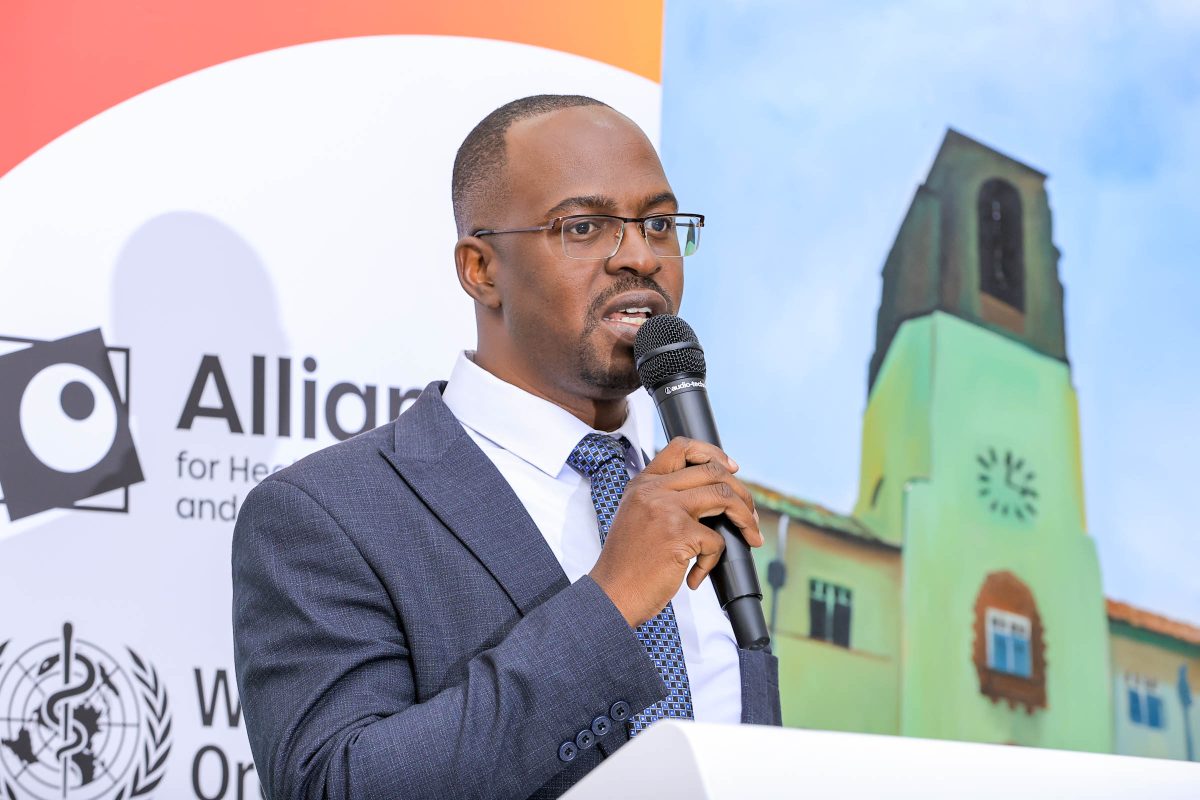
“Strategically, our goal is to become Africa’s leading centre for advancing innovative research and evaluation methodologies. We aim to be at the forefront of building capacity to navigate complexity and foster multisectoral collaboration that strengthens health and development,” Dr. Ssennyonjo added, revealing the hub’s vision, mission and strategic goals to impact Uganda and the region.
Framing her speech around “polycrisis,” an idea that suggests the convergence of overlapping global risks, Dr. Kwamie had cogently argued in her keynote speech that conventional thinking can no longer address the complex challenges facing health systems. While complexity is widely acknowledged, she stated, most health policy structures remain ill-equipped to respond. Drawing on systems theory, she explained that systems are increasingly defined not just by their structures, be it simple, complicated, or complex, but also their behaviours, such as non-linearity, emergence, feedback loops, and time delays. All these features, she stressed, demand a fundamental rethink of how we design, evaluate, and implement health interventions.
“In Ghana, much of my previous work focused on district health system strengthening, supporting management teams and evaluating leadership programmes. We often heard the phrase ‘health systems are complex,’ but I never found that to be a satisfying answer. The problem for us as public health specialists, researchers, and policy implementers is that the world has changed. Yet, even though we acknowledge complexity, much of the way we govern has not. Our health policies and systems remain ill-equipped to respond to these changes,” Dr. Kwamie, currently leading capacity strengthening, institutionalisation, and methodologies at the WHO Alliance for Health Policy and Systems Research, emphasised.
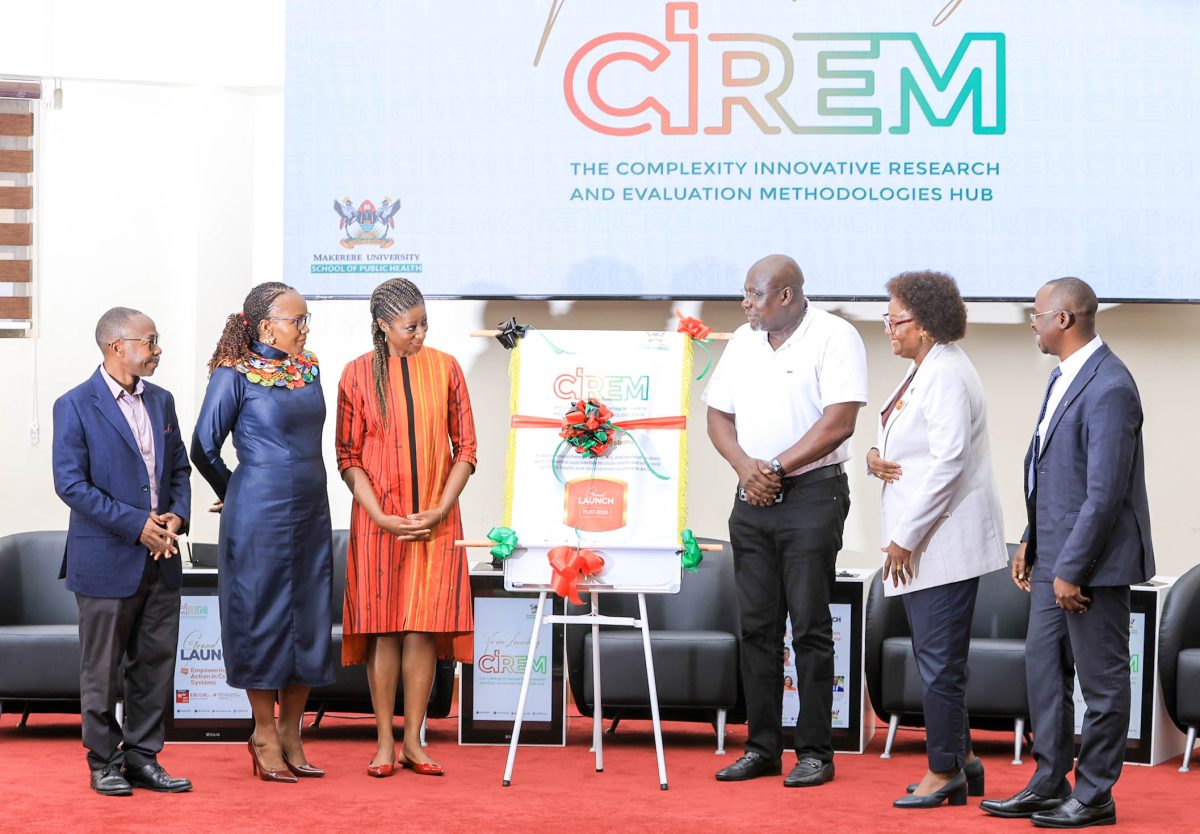
One of the CIREM Hub’s first interventions will be to support the government of Uganda’s initiative, coordinated through the Office of the Prime Minister, to institutionalise Uganda’s Health National Adaptation Plan (HNAP). The HNAP is a strategic framework developed in 2024 by the Ministry of Health with technical leadership from Makerere University School of Public Health to guide the country’s climate response in the health sector. Presenting the project, Dr. Chrispus Mayora, a Lecturer at MakSPH, highlighted the real impact of climate change on health systems, citing flood damage at Kilembe Mines Hospital in his home district of Kasese.
Aware of such persistent climate and health risks caused by adverse weather events and negatively affecting communities, Dr. Kwamie has consistently called for embedding systems thinking into health policy and research. In a 2021 paper co-authored with her colleagues Solip Ha and Abdul Ghaffar, she argued that although interest in systems thinking is now growing, it remains underused, particularly in low- and middle-income countries, often misunderstood, reduced to static models, or buried in technical jargon. In the paper, the authors called for more grounded, applied approaches to bridge the gap between theory, evidence, and practice.
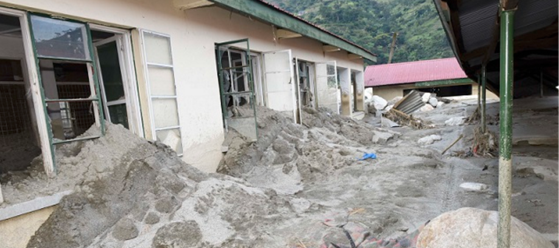
“This has meant that often, where systems thinking has been introduced—usually in short-term, tool-based interventions—such efforts are valued but prove difficult to institutionalise. Exposure to systems thinking concepts alone is insufficient to engender systemic change,” the paper reads in part. The advocates further called for integrating applied systems thinking in health, proposing stronger collaboration between researchers and policymakers, flexible funding to support long-term engagement, and better documentation of practical applications. Without these adaptations, they warned, systems thinking risks remaining a theoretical ideal.
Now, that is, precisely, the gap the CIREM Hub aims to fill. Positioned as a think-and-do platform, the hub is built to equip researchers, policymakers, and institutions with practical methods to understand and respond to today’s interconnected challenges. CIREM will focus on core pillars that include developing and refining innovative research and evaluation methods, building capacity to work within complex systems, fostering interdisciplinary and multisectoral collaboration, and promoting actionable evidence in policy and practice.
Situated within the Department of Health Policy and Planning within MakSPH, the Hub has a broader ambition to serve not only as a research space and practical engine for policy innovation. Beyond research, it will run short courses, bootcamps, mentorship programmes, research clinics, and policy labs to equip actors with systems tools and thinking. Key methods will include systems dynamics modelling, process mapping, realist evaluation, and participatory research, informed by its vision to transform how health and development challenges are understood and addressed, as part of broader, interconnected systems.
However, at the core of Dr. Aku Kwamie’s keynote address was the take-home message that applied systems thinking: a practical approach that uses tools like causal loop diagrams, system mapping, process modelling, and social network analysis can better define problems and co-create resilient solutions to improve public health. She concluded by calling for stronger leadership, more inclusive dialogue, and a shift toward proactive, adaptive policymaking, especially in areas like climate and health, where the stakes continue to rise.
